All the following books are available as free pdfs:
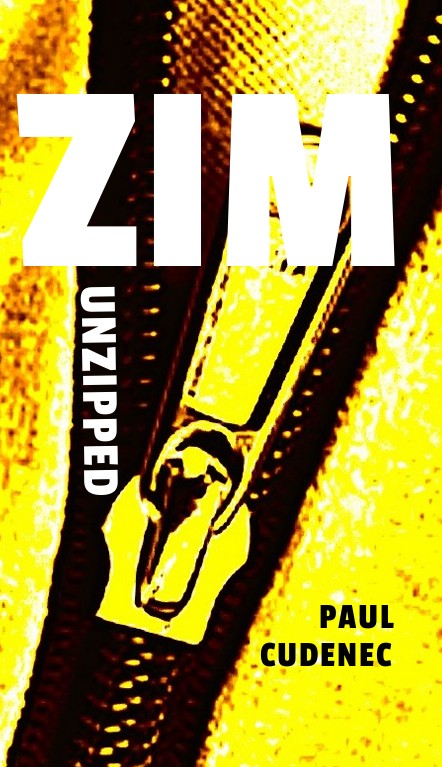
ZIM Unzipped: Investigating and Opposing the Zio-Satanic Imperialist Mafia by Paul Cudenec (2025)
Physical book on sale here.
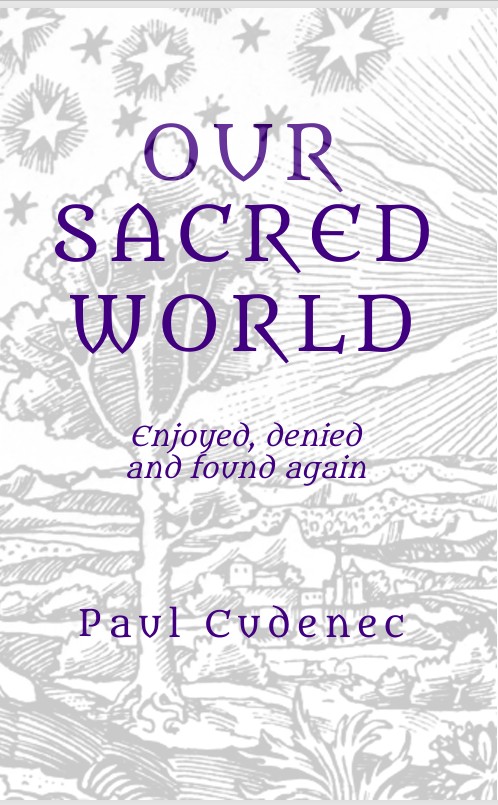
Our Sacred World: Enjoyed, denied and found again by Paul Cudenec (2025)
Physical book on sale here.

The Global Gang Running Our World and Ruining Our Lives by Paul Cudenec (2025)
Physical book on sale here.

The Single Global Mafia by Paul Cudenec (booklet, 2024)

Against the Dark Enslaving Empire! by Paul Cudenec (2024)
Physical book on sale here.

The False Red Flag by Paul Cudenec (booklet, 2024)

Our Quest for Freedom by Paul Cudenec with W.D. James (2024)
Physical book on sale here.
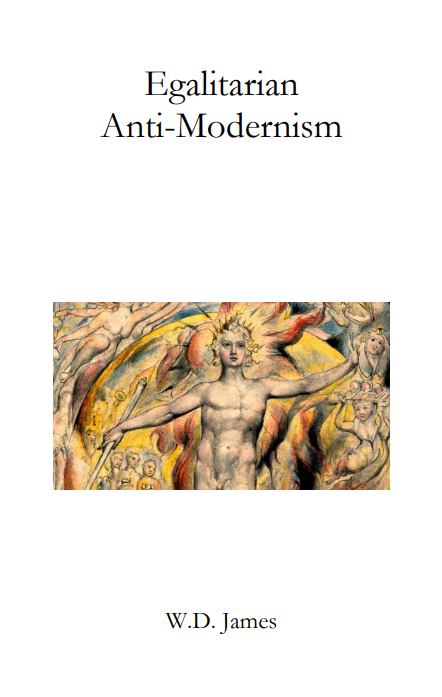
Egalitarian Anti-Modernism by W.D. James (booklet, 2024)
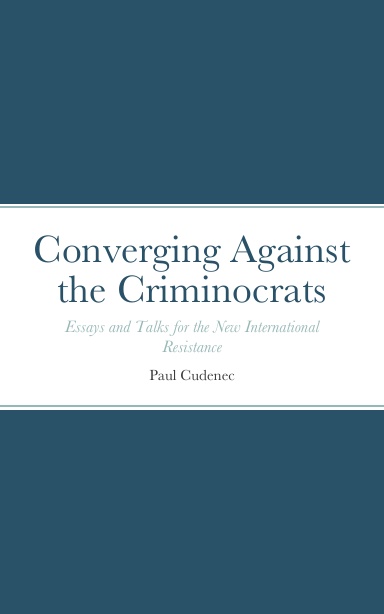
Converging Against the Criminocrats by Paul Cudenec (2023)
Physical book on sale here.

The Good in Our Hearts by Paul Cudenec (short play, 2023)
Physical book on sale here.
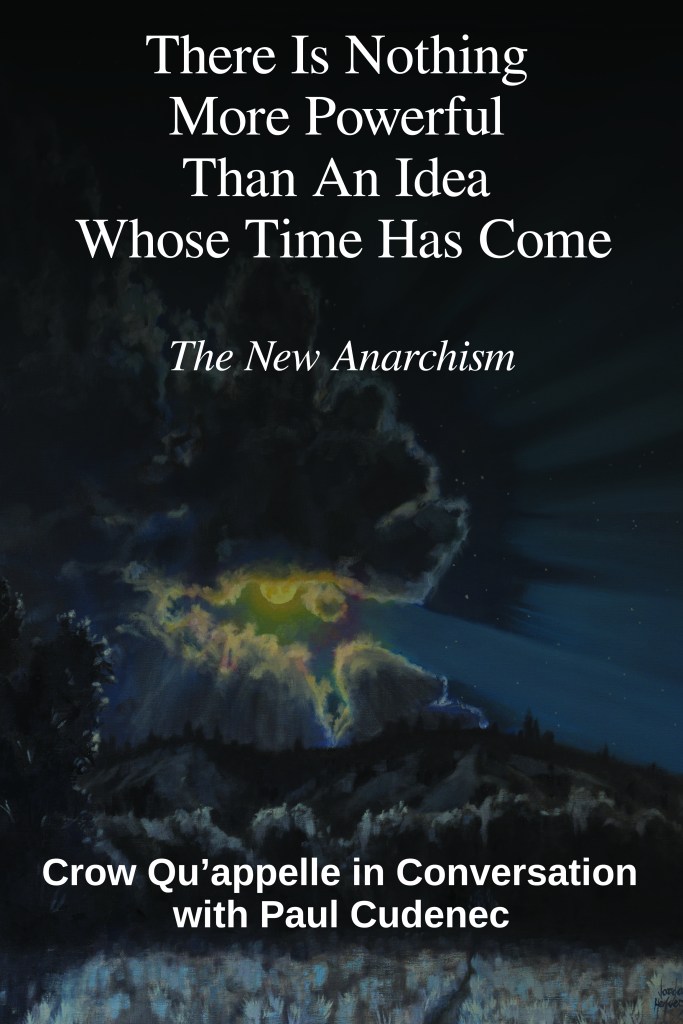
There Is Nothing More Powerful Than An Idea Whose Time Has Come: The New Anarchism by Crow Qu’appelle and Paul Cudenec (booklet, 2023)
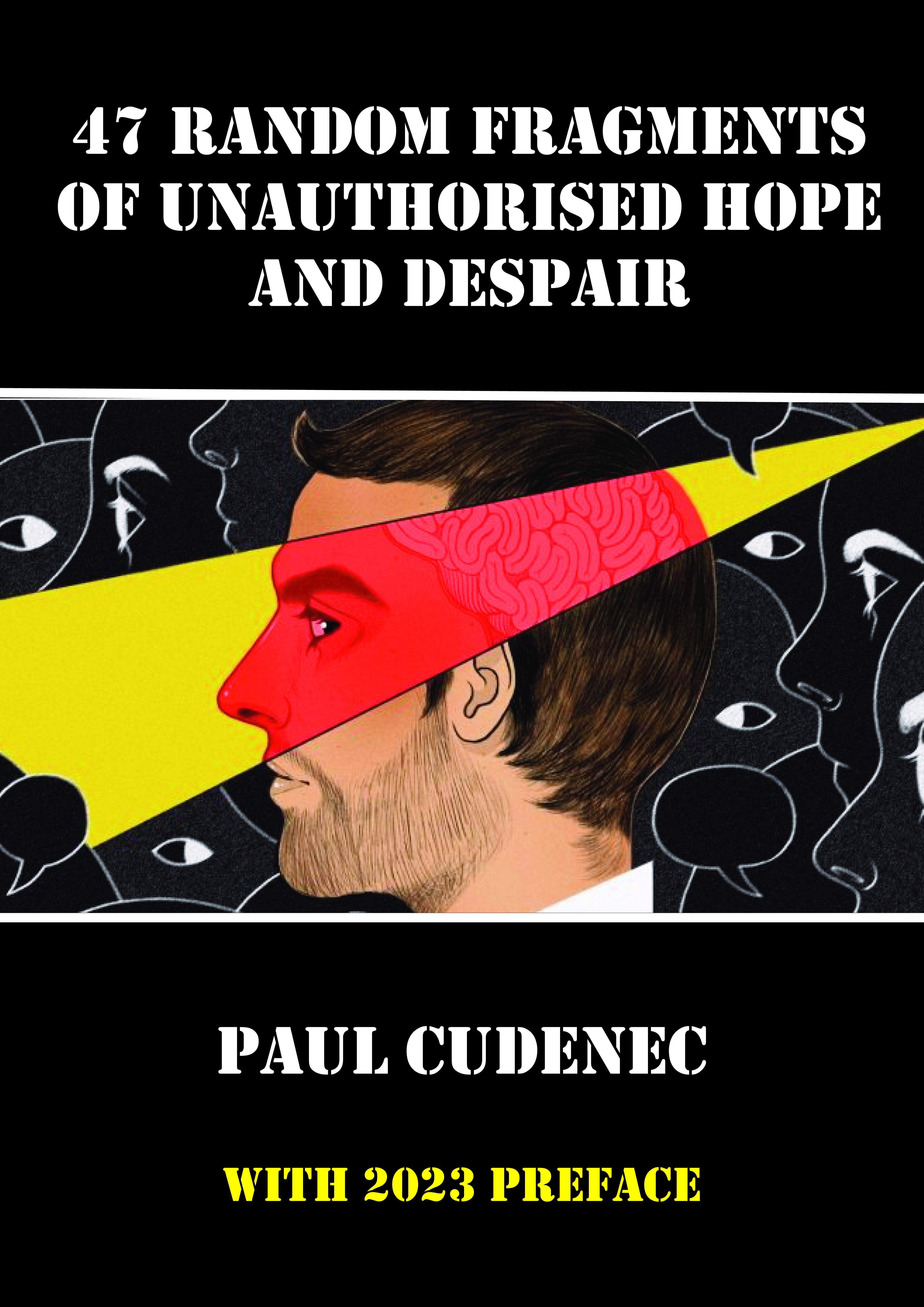
47 Random Fragments of Unauthorised Hope and Despair by Paul Cudenec (2023 edition)

The Great Racket by Paul Cudenec (2023)
Also available as free e-book in MOBI and EPUB formats. Email winteroak(at)greenmail.net to request.
Physical book available on sale here.

Enemies of the people by Paul Cudenec (booklet, 2022)
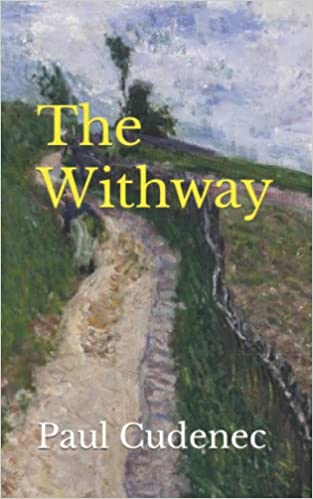
The Withway by Paul Cudenec (2022)
Also available as free e-book in MOBI and EPUB formats. Email winteroak(at)greenmail.net to request.
Physical book on sale here.

Fascism rebranded: exposing the Great Reset by Paul Cudenec (2021)
Physical book on sale here.
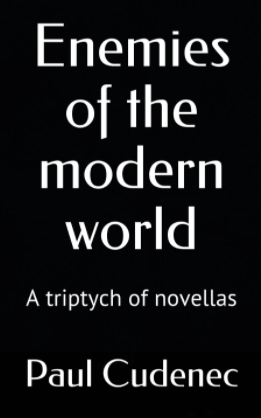
Enemies of the modern world by Paul Cudenec (2021)
Physical book on sale here.
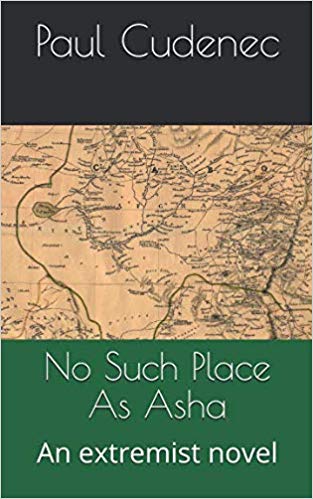
No Such Place as Asha by Paul Cudenec (2019)
Physical book on sale here.
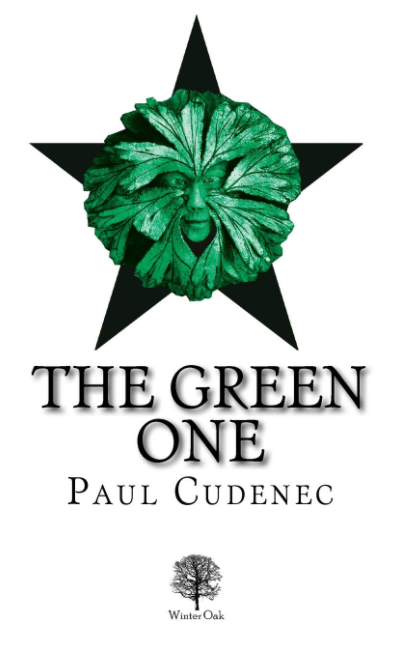
The Green One by Paul Cudenec (2017)
Physical book on sale here.

Nature, Essence and Anarchy by Paul Cudenec (2016)
Physical book on sale here.

The Fakir of Florence by Paul Cudenec (2016)
Physical book on sale here.

Forms of Freedom by Paul Cudenec (2015)
Physical book on sale here.

The Stifled Soul of Humankind by Paul Cudenec (2014)
Physical book on sale here.

The Anarchist Revelation by Paul Cudenec (2013)
Physical book on sale here.
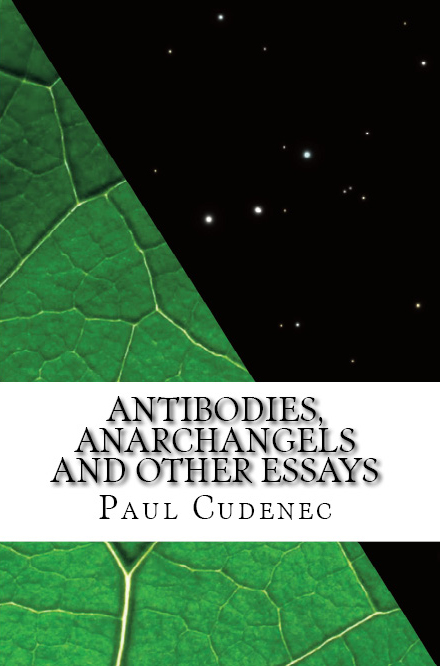
Antibodies and Anarchangels by Paul Cudenec (2013)
Physical book on sale here.
One thought on “Books”
Comments are closed.